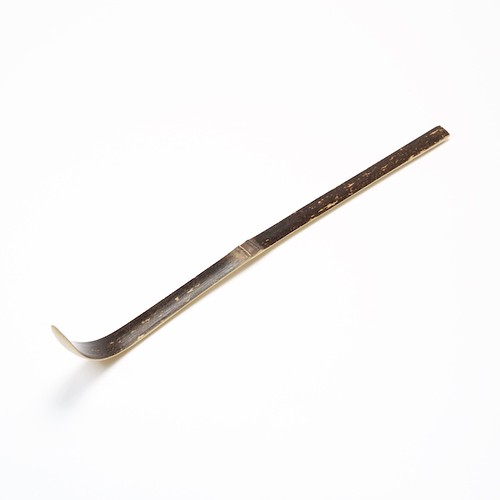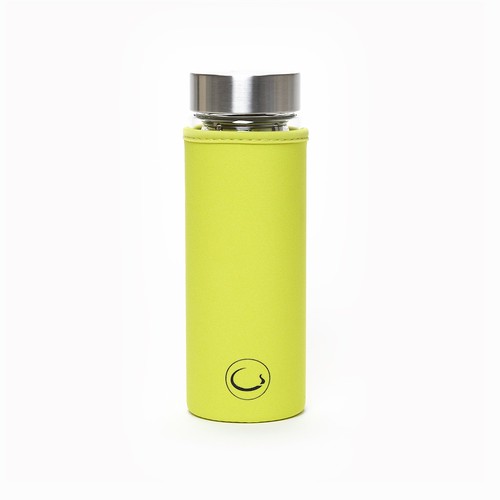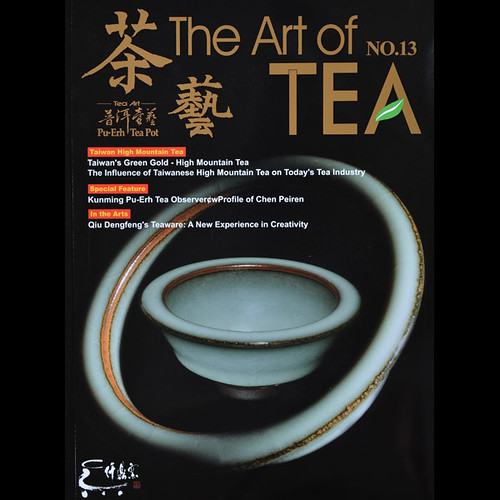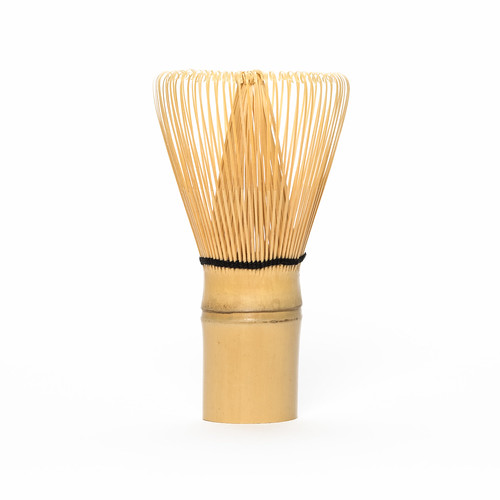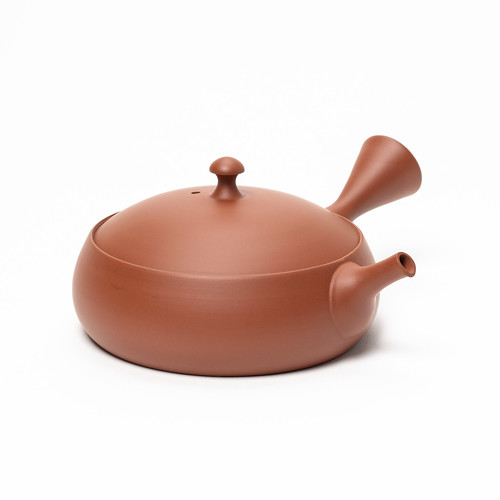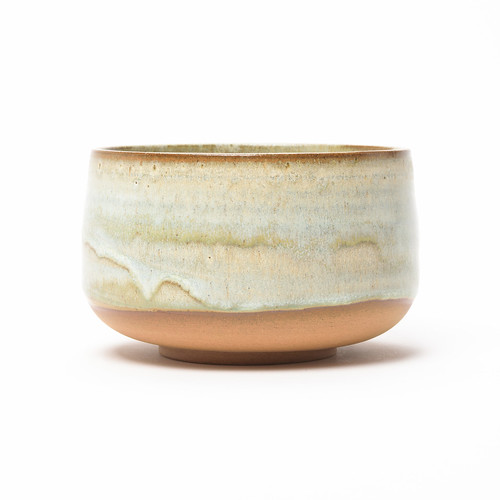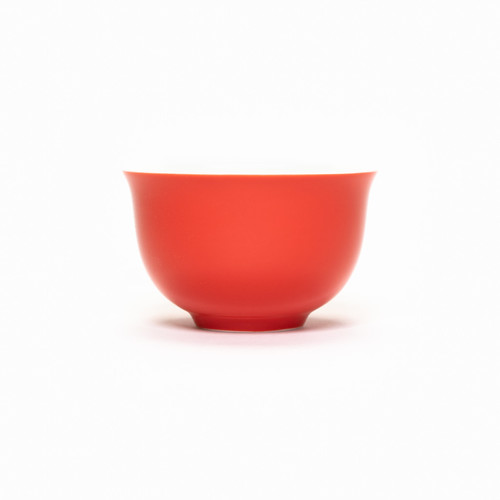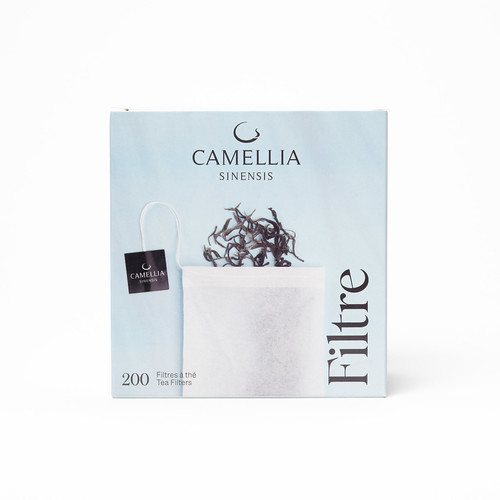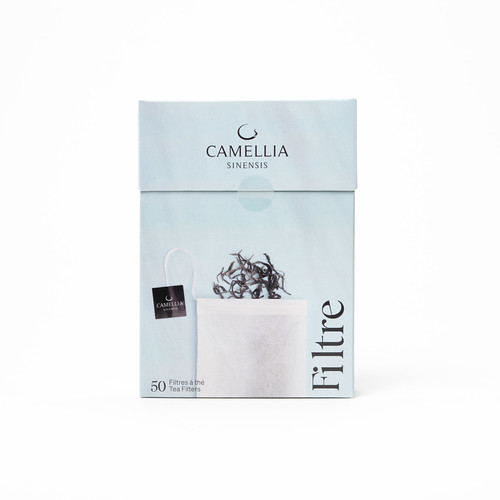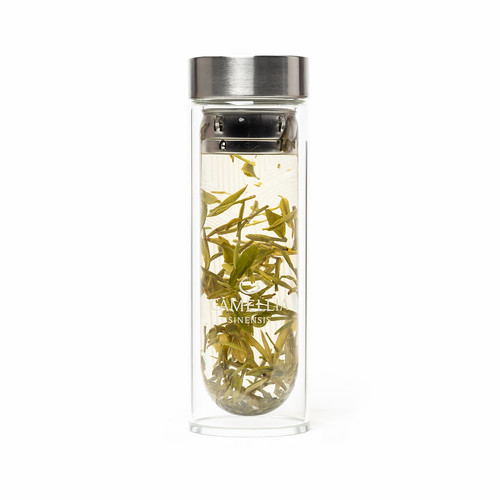
Maocha from the Tea Studio

The Tea Studio was set-up to explore new ways of doing things in the tea industry. Re-designing the traditional factory floorplan, using cleaner fuel and pushing the social envelope with an all-woman team making the tea which is traditionally a male dominated activity. The design of the factory, with its small, very specialized Chinese machinery, makes it the perfect laboratory for experimental tea making. Initially, when the Tea Studio started rolling in 2017, the team developed a broad base offering of teas, some of these have become the big-sellers, others are still gradually improving with practice and experience. In 2018 we arranged the visit of two of our favorite Chinese tea producers: Mr. He and Mr. Tang. Mr. He, is the producer of several classic Chinese green teas (Huiming, Jingning Yin Zhen, Bai Ye Long Jing, Long Jing Zhejiang, Long Jing Jingning Bai). At home in China he is a well-known agronomist, processing specialist, scientist, director of a tea research center and a taster. Mr Tang is a veteran producer of Long Jing. Together they helped us calibrate our green tea manufacture and improve various aspects of the tea factory’s overall quality.
Muskan, our head of operations at the Tea Studio, developed a popular stem tea we call the ‘Bamboo’. Hugo, our Japanese tea buyer at Camellia Sinensis, developed a roasted version of the Bamboo we call Kukicha that has also become popular. Other teas have developed over time: a delicious Bai Mu Dan sundried white tea, a spectacular Yin Zhen ‘silver needle’.
Our latest tea is a Mao Cha. Mao Cha is the ‘raw’, first stage tea that is used to make Pu er. Jasmin, our Pu er buyer for Camellia Sinensis, has been working on this project with his connections in the Yunnan. With the help of Mr.Wang a Pu er producer in Xishuangbanna, photos and videos of the processing were shared with our team at the Tea Studio. Samples of Chinese Mao Cha were sent and samples of our experiments were returned. This exchange went back and forth 4 times to fine tune the precise details of making this tea, developing the flavour profile and adapting it to Indian leaves and the terroir of the Nilgiri Hills.
After all this careful trial and error, with the diligence and enthusiasm of our exceptional team at the Tea Studio, we have now received our first batch of Nilgiri Mao Cha.

Tasting notes
The leaves are rolled into long twists, creating a luminous liquor with a smooth texture. The usual vegetal vivacity of a young Sheng is slightly softened by the leaf material. Apricot scents and delicate orange flavours combine with floral notes. The lingering effect on the palate is one of awakening and bliss.














